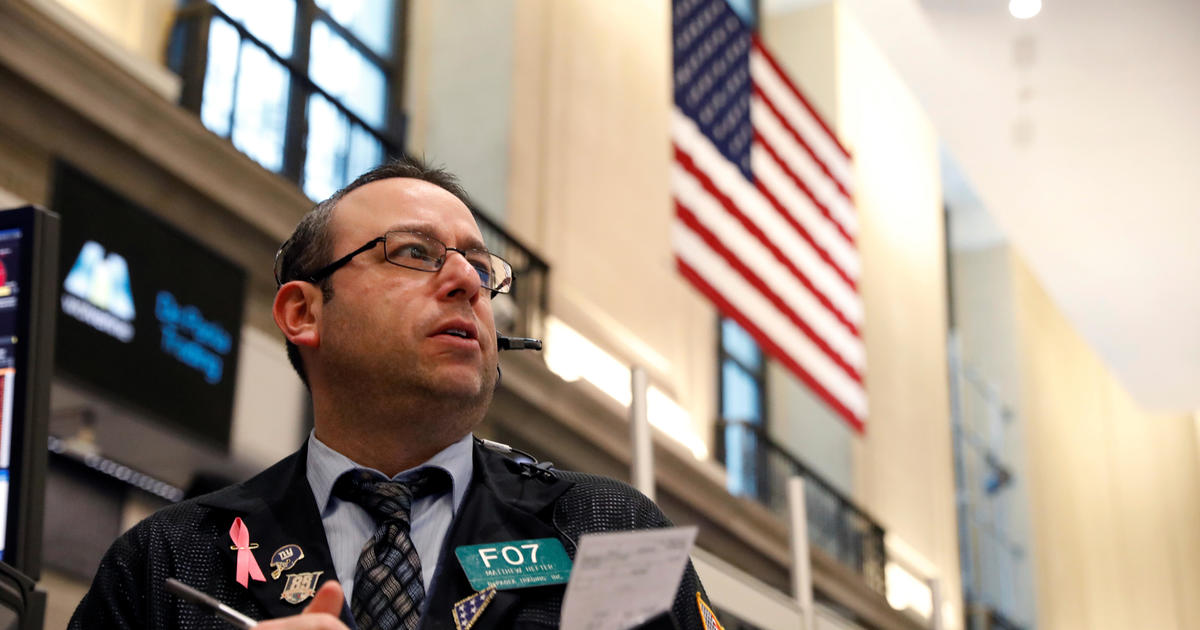The S&P 500 stock index reached a new all-time high on Tuesday, defying the economic turmoil that has spread across Main Street and pushed the unemployment rate into double digits. The benchmark index touched 3,390 in early afternoon trading, surpassing its previous record of 3386 on February 19.
The tech-heavy Nasdaq also reached a new high on Tuesday, gaining 66 points, or less than 1%, to 11,196. The Dow remains about 6% below its February high.
The gains in the S&P 500 means “the 2020 bear market is officially over,” according to UBS Global Wealth Management’s Americas CIO Solita Marcelli.
Following a market plunge in March as the pandemic brought much of the U.S. to a standstill, investors have been largely unfazed by the sputtering economy. Many investors expect a vaccine for COVID-19 to emerge by the first quarter of 2021, potentially allowing consumers and businesses to resume their normal activities.
Investors have also been cheered by strong results from a handful of companies such as Apple and Amazon, which has benefited from a shift to online shopping due to the pandemic.
How to navigate market turbulence
06:56
“Big Tech and certain consumer companies like Amazon continue to do well, but we’ve also seen an improvement in relative performance of cyclical and value-oriented names as of late,” Brian Price, head of investment management for Commonwealth Financial Network, said in an emailed statement.
Still, he added, investors need to keep their guard up. “There are plenty of risk factors that investors will continue to monitor, such as a resurgence in coronavirus cases, failure to pass another relief bill, and the upcoming elections,” Price said.
Counting on Congress
Trillions of dollars from the Federal Reserve and Congress following the economic collapse this spring helped launch the market rally. Corporate profits have also proved resilient, boosting stock prices.
Markets still appear to be banking on a deal between Democrats and Republicans on a stimulus package despite the failure so far to reach a compromise on unemployment benefits, funding for states and local government, and other measures. Without a financial lifeline, analysts warn that the economy is likely to falter.
Indeed, not all investors are so bullish. Only about 1 in 5 expect the S&P 500 index to push higher in the next six months, Marcelli said, citing a recent survey from the American Association of Individual Investors.
Yet this could still provide some opportunity to investors, given that “markets have tended to deliver above-average returns after optimism levels have been this low,” she added.
—With reporting by the Associated Press.
